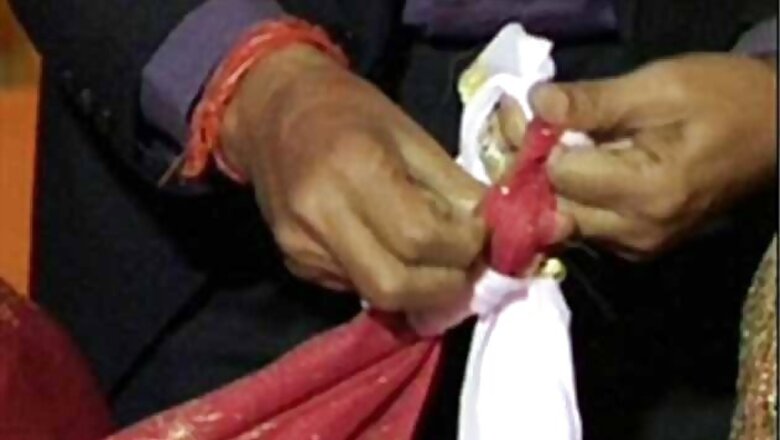
views
Jaipur: Rajasthan High Court on Tuesday ruled in a divorce case that asking an unwilling spouse to compromise and live with the other would make the life of both a "miserable hell." The observation was made by a division bench comprising Justice Dalip Singh and Justice Meena V Gomber while rejecting an appeal filed by Rekha, a law graduate, against the decree of divorce granted by a Family Court in favour of her husband, Mohanlal Wadhwani, while holding her guilty of committing cruelty.
The bench observed that the assertion of one of the spouse that he or she may live with the other may lead to the obvious conclusion that the said spouse has resolved to live in agony only to make life a miserable hell for both. The couple had married in 1994 and within two years matrimonial discord resulted in their separation.
The parties came to a compromise in 2000 and they were blessed with a son in April, 2001, but they again separated a year later and remained so for more than 15 years. When the husband had approached the Family Court for divorce in 1995, he along with his relatives were "entangled in false proceedings" of Section 498A and 406 IPC for dowry demand resulting in his arrest and the harassment of his relatives, Lalit Sharma, counsel for Wadhwani, said.
Referring to various judgements of the Supreme Court, the High Court held, "The parties in the entire marriage life of more than 18 years have lived separately for more than 15 years. Even this long period of separation has not resulted in any rethinking or remorse on the part of either of the parties and their bitterness towards each other continued."
Refusing to interfere with the finding of cruelty against the wife, Justice Dalip Singh in the judgement held, "The cruelty alleged may largely depend upon the type of life the parties are accustomed to or their economic and social conditions. It may also depend upon their culture and human values. We, the judges and lawyers, therefore, should not import our own notions of life. There may be a generation gap between us and the parties."
Upholding the decree of divorcee, the bench observed, "The essence of marriage is a sharing of a common life, a sharing of all the happiness which life has to offer and all the misery that has to be faced in life. Since this is missing in the present case it is a fit case for divorce."













Comments
0 comment